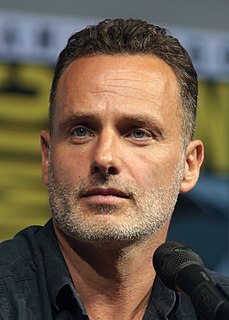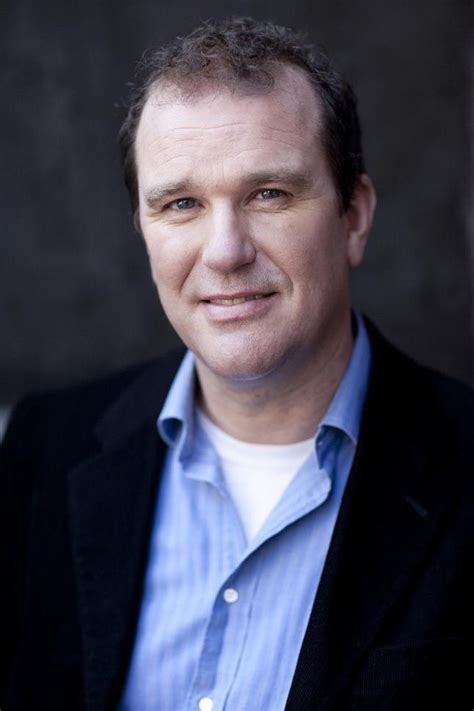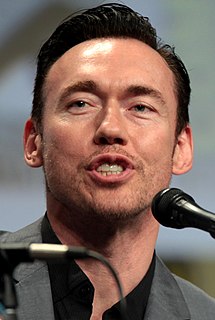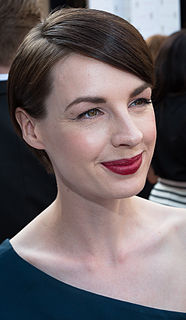A Quote by Annabelle Wallis
The Tudors was ground-breaking in the sense that it did ruffle the feathers of classical historians and alter the way people did period drama at the time.
Related Quotes
If you're a classical actor, every Shakespearean part you play, you then say, 'McKellen did it this way,' and, 'Jacobi did it this way.' There's a whole list of Oliviers and people, whether you play Hamlet or Richard II or Richard III, any of those roles. And I found that a bit when I did 'La Cage.' It didn't bother me one bit.
So many times, I will have people tell me what I did when I was younger. There's so much being written [about] the early Beatles period, and even pre-Beatles period. And people will say, "Oh, he did that because that, and that happened because of that." And I'll be reading and think, "Well, that didn't happen" and, "That's not why I did that." Like anyone's history, you remember what went down better than people who weren't there.
Usually, when you do a period movie, you just recreate what you are shooting. You don't recreate the way you shoot it. I think I did the same thing here as I did in the OSS 117 movies. I recreated the way to shoot that period, because to me, like what I was saying about the Steadicam, there's no sense to do a Steadicam shot in the 1920s because you have never seen the '20s like that. You can't believe there was a Steadicam in the 1920s. I believe it's a continuation of the OSS 117 in a way but without the irony.
Professionally, I was at Bristol Old Vic Theatre School and did lots of things there, and then I won the BBC Carlton Hobbs Award, so I did some BBC Radio drama work, which is a lovely way to start out because you work with lots of great people, and you're working all the time, so you're learning rather than sitting around and waitressing.


































